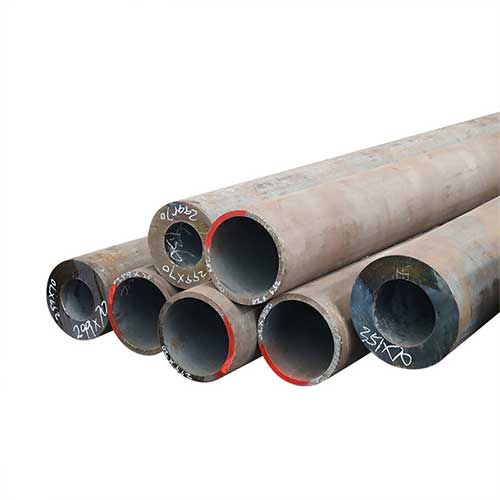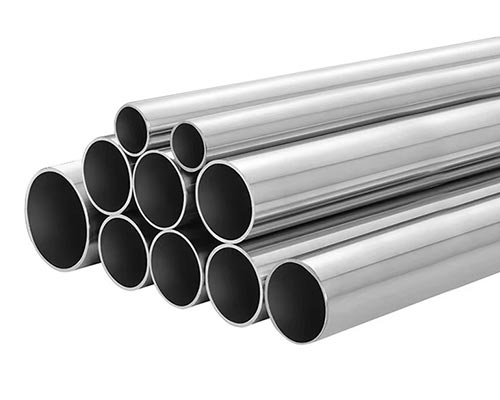Welcome to My Blog!
Before we dive into the content, I’d love for you to join me on my social media platforms, where I share more insights, engage with the community, and post updates. Here’s how you can connect with me:
Facebook:https://www.facebook.com/profile.php?id=61565500692293
Now, let’s get started on our journey together. I hope you find the content here insightful, engaging, and valuable.
Table of Contents
Introduction
Welded steel pipe has become one of the most essential materials across construction, energy, infrastructure, and industrial sectors. Its versatility, cost-effectiveness, and strength make it the preferred choice for businesses looking for reliable solutions. Whether used in transporting fluids, structural applications, or manufacturing, welded steel pipe plays a vital role in ensuring efficiency and long-term performance.
This blog explores the advantages, applications, and technical aspects of welded steel pipe. By understanding its properties and uses, you can make informed decisions for your projects and ensure better value.

What is Welded Steel Pipe?
Welded steel pipe is produced by rolling a steel plate or strip and then welding the seam using processes like Electric Resistance Welding (ERW), Longitudinal Submerged Arc Welding (LSAW), or Spiral Submerged Arc Welding (SSAW). Compared with seamless pipe, welded steel pipe is often more affordable while still meeting demanding performance standards.
Types of Welded Steel Pipe
Different manufacturing methods produce various types of welded pipes tailored for specific uses:
- ERW Pipe: Common in construction and automotive applications due to precision and cost-effectiveness.
- LSAW Pipe: Preferred for large-diameter applications such as oil and gas transportation.
- SSAW Pipe: Offers flexibility in producing different diameters and is widely used in water supply and structural projects.
These variations allow industries to choose the right welded steel pipe based on technical needs and budget.
Advantages of Welded Steel Pipe
There are several reasons why welded steel pipe is favored worldwide:
- Cost Efficiency – Production processes allow lower costs compared to seamless pipe.
- Availability – Easily manufactured in large quantities, ensuring a consistent supply.
- Variety in Size – Wide range of diameters and wall thicknesses to meet diverse project requirements.
- Strength and Durability – Designed to handle both structural loads and fluid transport under pressure.
- Customization – Lengths and specifications can be tailored for project-specific needs.
Welded Steel Pipe vs. Seamless Steel Pipe
A key decision for buyers is choosing between welded and seamless pipes. Below is a comparison:
| Feature | Welded Steel Pipe | Seamless Steel Pipe |
|---|---|---|
| Cost | More affordable, efficient for large orders | Higher cost due to complex manufacturing |
| Size Range | Wide variety, large diameters available | Limited in diameter |
| Production Speed | Faster and scalable | Slower due to the extrusion process |
| Applications | Construction, energy, water, gas, industry | High-pressure applications, precision uses |
| Availability | High, easily sourced | Limited, longer lead times |
According to industry reports, more than 60% of steel pipes used in global construction are welded due to cost and accessibility advantages.
Applications of Welded Steel Pipe in Construction
Construction projects rely heavily on welded steel pipe for scaffolding, building frameworks, and water supply systems. Its strength and corrosion resistance make it suitable for both temporary and permanent structures.
Welded Steel Pipe in the Oil and Gas Industry
The oil and gas sector requires durable and reliable pipelines to transport crude oil, natural gas, and petroleum products. LSAW and SSAW welded pipes are particularly important here, offering large diameters and strength for long-distance transport.
Corrosion Resistance and Protective Coatings
One challenge for welded steel pipe is exposure to corrosion. This issue is often resolved by applying coatings such as galvanization, epoxy, or polyethylene layers. Proper coatings can extend pipe life by decades, according to data from pipeline integrity studies.
Quality Standards for Welded Steel Pipe
High-quality welded pipes follow international standards such as API, ASTM, and ISO. These standards ensure strength, dimensional accuracy, and safety. For industries handling high-pressure fluids, choosing certified products is essential.

Choosing the Right Welded Steel Pipe Supplier
When sourcing welded steel pipe, selecting a trusted supplier ensures both quality and consistent delivery. Factors to consider include:
- Range of products (ERW, SSAW, LSAW)
- Certification and compliance with global standards
- Experience in serving industries such as oil, gas, and construction
- Competitive pricing and the ability to deliver in bulk
Conclusion
Welded steel pipe has proven to be an essential material across industries. From construction to energy, it provides cost-effective, durable, and versatile solutions. By selecting the right type of welded steel pipe and ensuring quality standards, you can improve efficiency and long-term reliability in your projects.
At Liaocheng Jiuyang Steel Pipe, we specialize in manufacturing and supplying welded steel pipe that meets global standards. With years of expertise and a strong commitment to quality, we deliver products designed to match your industry needs.
If you are ready to enhance your projects with reliable welded steel pipe, contact Liaocheng Jiuyang Steel Pipe today for tailored solutions and competitive pricing.
FAQ
What is the difference between ERW and LSAW welded steel pipe?
ERW is used for smaller-diameter, precision applications, while LSAW is preferred for larger-diameter, long-distance pipelines.
Is welded steel pipe suitable for high-pressure applications?
Yes, depending on the grade and standards. High-quality welded pipes certified under API or ASTM can handle high pressure.
How long does a welded steel pipe last?
With proper coatings and maintenance, welded steel pipe can last 30–50 years, depending on the environment.
Can welded steel pipe be customized for length and thickness?
Yes, most suppliers offer customized specifications to match industry requirements.
Why choose Liaocheng Jiuyang Steel Pipe as a supplier?
We combine manufacturing expertise, strict quality control, and a wide product range to provide reliable and affordable welded steel pipe solutions.

